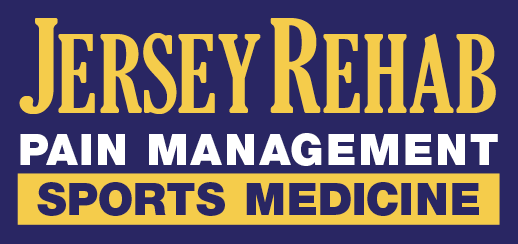5 Facts About Multiple Sclerosis & How to Manage the Pain
Multiple sclerosis, or MS, is a condition that affects the central nervous system. It’s considered an autoimmune disease because the body attacks your myelin, a protective sheath that covers the nerves. When this sheath is damaged, the nerves can’t function properly, leading to painful symptoms like numbness and tingling.
Even with all of the scientific research we have available to us, MS remains a bit of a mystery. Fortunately, there are emerging ways to manage symptoms and improve quality of life. Below are five facts about MS and tips for managing the pain.
1. The exact cause of MS is unknown.
Researchers believe that multiple sclerosis happens when the immune system attacks myelin, but they aren’t exactly sure why some people develop the condition and others don’t. At this time, the following factors seem to put people at a higher risk for MS:
- Family history of MS
- History of other autoimmune diseases
- Certain viral infections
- Smoking
- Being 20-40 years old
- Being female
- Living in a temperate climate
- Low vitamin D levels
2. Symptoms range in severity.
Just as other conditions affect people differently, so does MS. Some people with the disease will lose the ability to walk, though the majority of people with MS do not become severely disabled. Additionally, life expectancy for people with MS has increased over the years due to new therapies and a better understanding of the disease.
Here are some of the most common symptoms associated with MS:
- Fatigue
- Weakness
- Pain, tingling and numbness
- Muscle spasms
- Stiffness
- Trouble walking or balancing
3. It’s often difficult to diagnose.
Because many of the symptoms of multiple sclerosis overlap with other conditions, the disease can be difficult to diagnose. Pain management doctors in NJ usually rule out other conditions first and then focus on confirming MS using blood tests, lumbar puncture, MRI scans and an evoked potential test. Getting an early diagnosis improves the chances for successful treatment.
4. Vitamin D and other therapies can help.
Treatment options for MS have expanded and include supplements like Vitamin D, eating a healthy diet, exercising regularly, getting enough sleep and avoiding stress and smoking. There are also new drugs on the market that can manage symptoms by slowing disease progression and reducing flare ups.
The goal of treatment is to minimize inflammation in the body, which is why a healthy lifestyle is key. People also look to alternative therapies like yoga, acupuncture and massage through chronic pain management doctors in NJ.
5. Jersey Rehab treats people with multiple sclerosis.
Jersey Rehab offers a wide range of treatments for relieving nerve pain. We also support a healthy lifestyle that includes staying active and eating the right foods.
To learn more about our approach to managing MS symptoms, contact Jersey Rehab at one of our four locations across New Jersey and New York.

